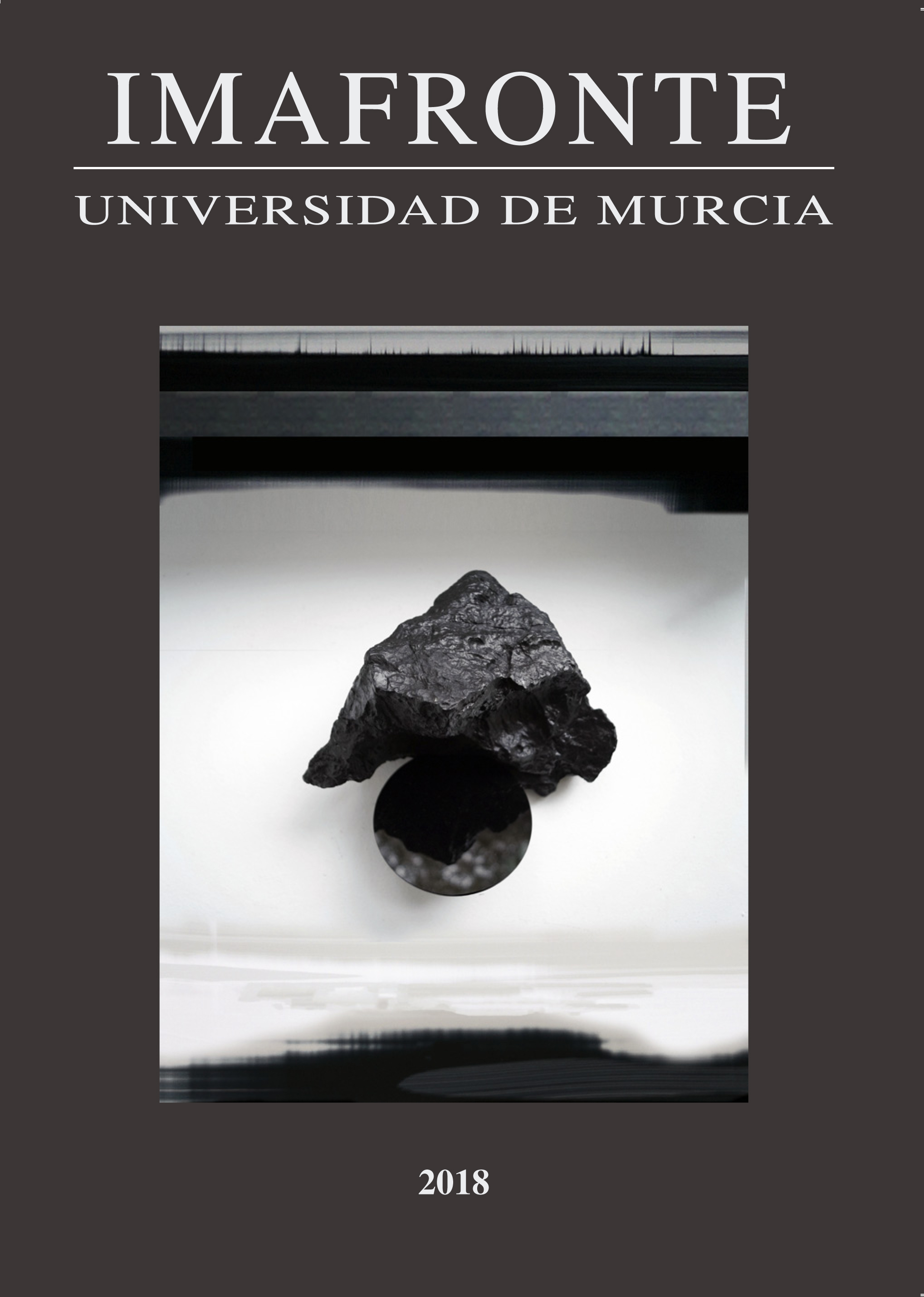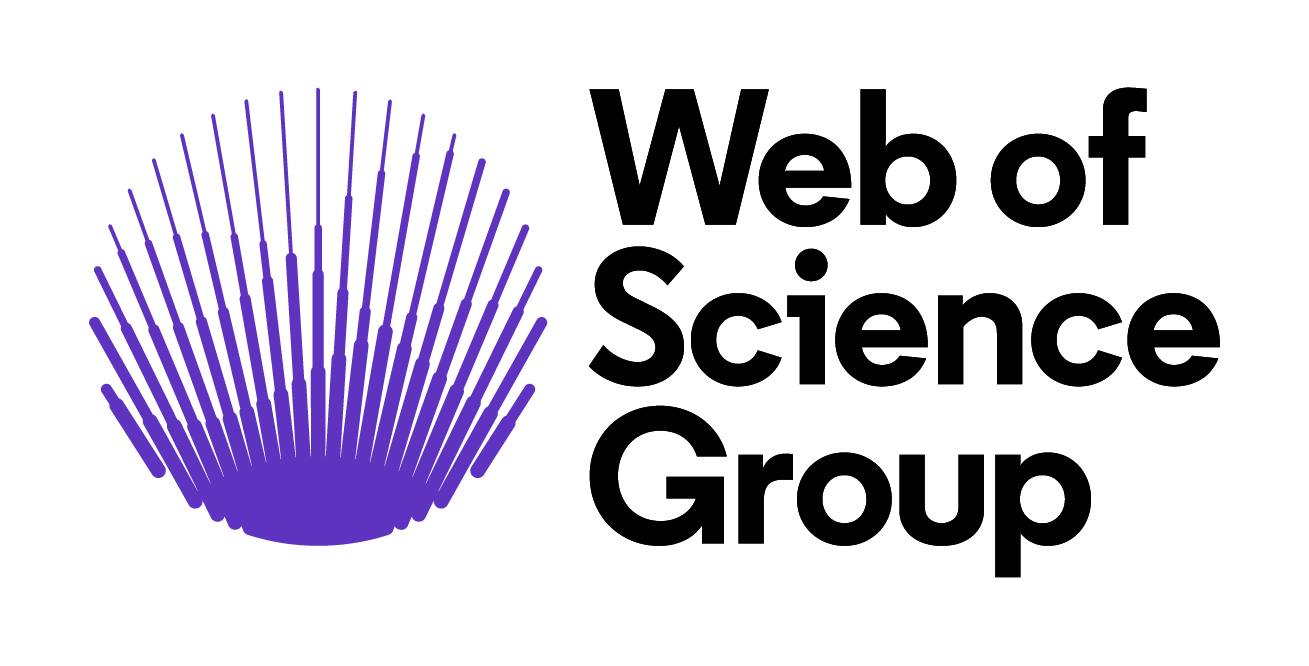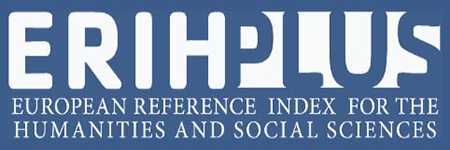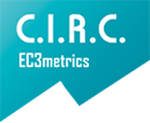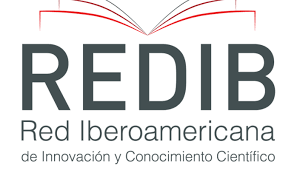Gypsy pot. An experiment in architecture for light institutions
Abstract
Recent studies about the city and Architecture, coming from different disciplinary fields, such as, political ecology, feminisms, cosmopolitics or science and technology studies, have provided an unprecedented theoretical frame for the interpretation of phenomena that engages architecture and have led to the emergence of new practices among some architects.
Within this emerging disciplinary setting, the architectural project Olla Gitana, presented in this paper, renders as an experiment that examines the rituals and technologies of the dining-rooms seen as mediation devices and their possibilities in the composition of societies better equipped for conflict and public debate. This project claims the importance of conversation as an instrument for social composition in an attempt to rescue eating-tables as political objects that are seen as arenas for discussion that promote position taking and the constitution of democratically conflictive citizenships.
Downloads
-
Abstract536
-
PDF (Español (España))280
-
EPUB (Español (España))62
Copyright (c) 2019 Miguel Mesa del Castillo Clavel

This work is licensed under a Creative Commons Attribution-ShareAlike 4.0 International License.
1. The authors non-exclusively assign the exploitation rights (reproduction, distribution, communication and transformation) to the magazine.
2. The works published in this magazine are subject to the Attribution-ShareAlike 4.0 International license (CC By SA 4.0). Therefore, they can be copied, used, disseminated, transmitted and publicly displayed, provided that:
i) the authorship and the original source of its publication (journal, editorial and URL of the work) are cited, thus allowing its recognition.
ii) it is allowed to remix, transform or create from the material while maintaining the same license as the original.

3. Self-archiving conditions. Authors are allowed and encouraged to electronically disseminate the pre-print (version before being evaluated) and/or post-print (version evaluated and accepted for publication) versions of their works before publication, as it favors their publication. Earlier circulation and diffusion and with it a possible increase in its citation and reach among the academic community. Color RoMEO: verde.
